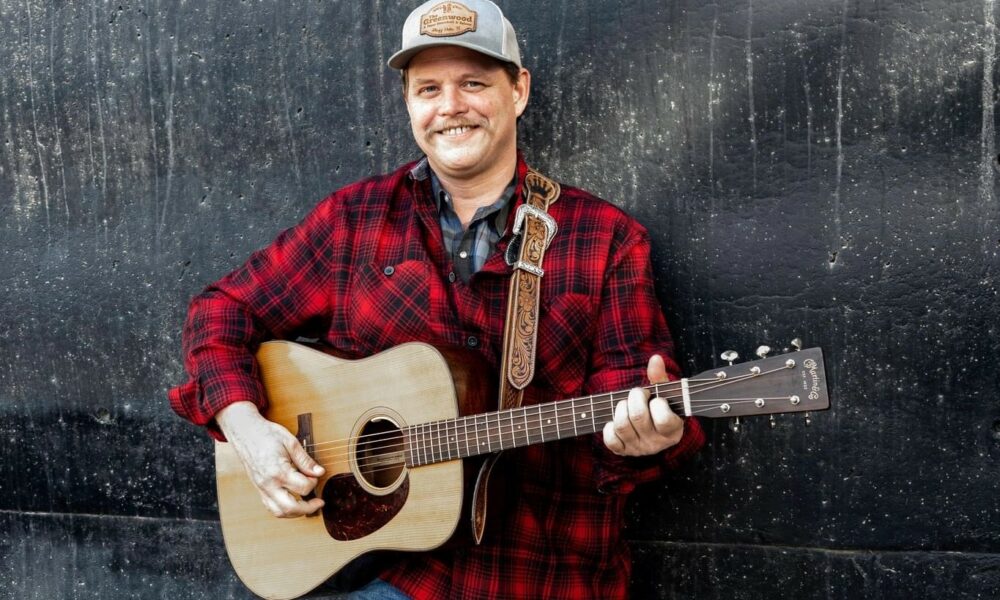

Today we’d like to introduce you to Joe Savage.
Hi Joe, thanks for sharing your story with us. To start, maybe you can tell our readers some of your backstory.
Getting out on my own at a young age had a profound effect on me. Having to pay bills and work full-time at the age of 17 made me realize how hard being alive is. I quickly realized I’d be working and paying bills for the rest of my life. Barely an adult with no skills and very little education, I needed two jobs to survive: Mcdonald’s from 4 pm-to 11 pm and Whataburger from 11 pm-to 7 am. Working 80 hours a week as a teenager made an impression on me. I knew that I had to find a way not to work.
For most of my 20s, I naively followed a traditional path. I went to college in hopes of higher pay and finding a job that I would love. When I got my associate’s degree, I began teaching as a vocational instructor in Fort Worth ISD in 2005. That job paid just $18K/year. Again, I could tell working for a living wasn’t for me, and I didn’t really like teaching all that much and it was hard as hell to go to school and work at the same time. Disillusioned with university and its enormous costs, which I was paying for with student loans, I quit school and moved into my car. My car was promptly repossessed as I stopped making payments, leaving me homeless.
While homeless and with little to do, in 2009, I began practicing guitar and singing with the goal of making money from playing in the street. That was rough, and even while playing in the busy streets of San Francisco, I mostly only ever made about $10-$20/day. I went back to university and got my bachelor’s degree and even got accepted to grad school. With the stipend from grad school, I got an apartment again, but I quickly grew disillusioned with grad school politics and quit. During grad school I bought an old VW Bus for $1000. I parked that bus behind a coffee shop and moved into it, spending the next few months getting the bus running with some help from mechanic friends and hosting an open mic at the coffee shop on Sundays.
Around 2014, I made my first money from music. Although I took a few teaching jobs, including returning to Fort Worth ISD for another year as a bilingual instructor this time, I began to pursue music as my full-time job and sole form of earning money. Grinding the Dallas/Fort Worth music scene for the last decade hasn’t afforded me any fame, but I have made enough money to buy a small plot of land and a camper in Granbury, TX. Since I now own my living space (vehicle and land) things have gotten so much easier. Music isn’t really work for me, and I continue to play regular gigs in the greater DFW metroplex as well as around the state of Texas at large. I’ve also traveled as far as Minot, ND, and as far west as Cheyenne, WY, to play gigs.
Even though I’m virtually unknown and my recordings don’t get much attention, I’m happier now that I’ve carved out a spot on this Earth that belongs to me. I enjoy playing music as my job despite all the challenges a career in the music industry can bring, and I still have hopes my music will be discovered by a wider audience and could eventually provide me with a substantial passive income. For the time being, I have to celebrate my accomplishment of rarely ever having to work in this life.
Can you talk to us a bit about the challenges and lessons you’ve learned along the way? Looking back, would you say it’s been easy or smooth in retrospect?
Forging a career in music is very difficult. The industry has all the same obstacles as any other, but the subjective nature of music and art, on the whole, lends itself to a slew of problems not present in other industries. Professionalizing yourself and your brand to meet the needs of the local market is something many artists refuse to do but is absolutely paramount in retaining gigs and maintaining consistency with income. Entering into the field one might think the goal is to get to the top and become rich and famous as quickly as possible, but the reality is this scenario only happens to a very miniscule number of artists. Most musicians toil away at the local and regional levels while presenting themselves as big stars – i.e., the “fake it til you make it” ideology. This approach causes burnout and also doesn’t produce results. I’ve found that when I treat local stages as if they are national ones, the audience, more often than not, receives the performance as pretentious.
I try the approach of “be real until you get the deal.” This allows me to stay authentic and really connect to local audiences, staff, management, and owners of the small business I tend to play. In turn, these relationships create repeat business that allows me to live a middle-class life playing music while I’m still virtually unknown outside my local market. Establishing yourself in a music market in order to create a steady income is beyond difficult and is the main obstacle to becoming a professional musician.
Thanks – so, what else should our readers know about your work and what you’re currently focused on?
In 2019, I realized that I needed to change my business model. Up to that point, I was swinging for the fences by performing only original songs at each gig and treating those gigs as if there were the stadiums I dream to play. This just didn’t work. It left the wrong impression on the listeners and the clients who hired me. Evolving my business to be one that is service oriented has made the biggest impact and is what sets me apart from my competition. Being service-driven, I realized that I should focus more on what the clients want and expect and attempt to deliver a service that helps them realize their vision more fully. Most restaurants, bars, breweries, etc., envision their establishments full of people relaxing, talking, and enjoying themselves over food and drinks. Music is there to enhance the environment, not to garner the total focus of the patron. Adjusting to the expectations of the client and audience is the biggest step I’ve made in a direction that has provided me with sustainable business.
By looking at each gig as an opportunity to enhance what is already going on, I have been able to justify incorporating a massive amount of cover songs into my sets. People want to hear something familiar in between bites and bits of conversation. The don’t want to focus on a brand-new song I wrote they have no context for. There is a time and place for that, and any attempt to turn a brewery or eatery into a listening room is futile and will result in disappointment for all.
Aside from adding hundreds of popular cover songs to my repertoire over the last five years, I’ve also upgraded my equipment. This also sets me apart from my competition, but it didn’t come easy. For a small-time artist like myself, spending the $10K on the best equipment wasn’t easy, but in the end has been more than worth it and paid for itself many times over. With name-brand instruments and top-of-the-line gear, the clients can rest easy from the moment I enter and begin setting up the show will be professional. Having better gear allows me to sing softer, thus affording me the ability to hit notes in a much wider range as well as gives me a tone that is pleasant to hear while munching on appetizers and sipping a cold one. Instead of being angry the crowd isn’t listening to my original song, I’m now confident they are enjoying what I’m doing and can listen as they like, the music not only background sounds but something to engage in periodically during their experience with an establishment.
I’m currently still working on studio albums and have one of 14 songs in the can and ready to go. After releasing four albums in 2023, I’ve decided to hold off on anything new for now. Transcendental Railroad, Tiger In The Room, Disappearing Blues and Sounds Like Fort Worth are the four albums that came out last year and are available anywhere you listen to music. Aside from working in the studio and writing new songs at home you can find me every 1st and 3rd Tuesday at Silver Saddle Saloon in Granbury, TX, every 2nd Friday of the month at Central Market Dallas, every 2nd Sunday of the month at Central Market Plano, and every 3rd Saturday of the month at Shaw’s Patio in Fort Worth, TX. You can also regularly find me playing the late night slot at Aloft Hotel’s WXYZ bar on 3rd Street in Downtown Fort Worth as well as Sunday brunches a couple times a month at Fort Brewery. You can see the full calendar and buy merch at www.joefnsavage.com
We’re always looking for the lessons that can be learned in any situation, including tragic ones like the Covid-19 crisis. Are there any lessons you’ve learned that you can share?
If Covid 19 taught me anything, I learned without a doubt to live in this world is every (hu)man for themselves.
Before the Covid deal, I didn’t really know this. I also refused to acknowledge it and continued to live in a fantasy world where everyone helps each other. I kept focusing on quotes like “A rising tide floats all boats” but continually felt left out of others’ successes. Covid showed me how truly alone most people are, and it gave me the strength to do what is right for me first and then care for others after my needs are met. I’m still a loving and empathic person, but I now understand that if my needs aren’t met, I’m of no service to anyone.
Pricing:
- Free stickers at every show
- Private concerts within 100mi radius of DFW – $500 for 2 hours
- discounted rates (and at times no charge) for nursing homes, food banks, and homeless shelters, Chamber of Commerce, and other city and community-oriented events
Contact Info:
- Website: www.joefnsavage.com
- Youtube: https://www.youtube.com/channel/UCVAZ01yMGXFuu5vZ27Sxxww
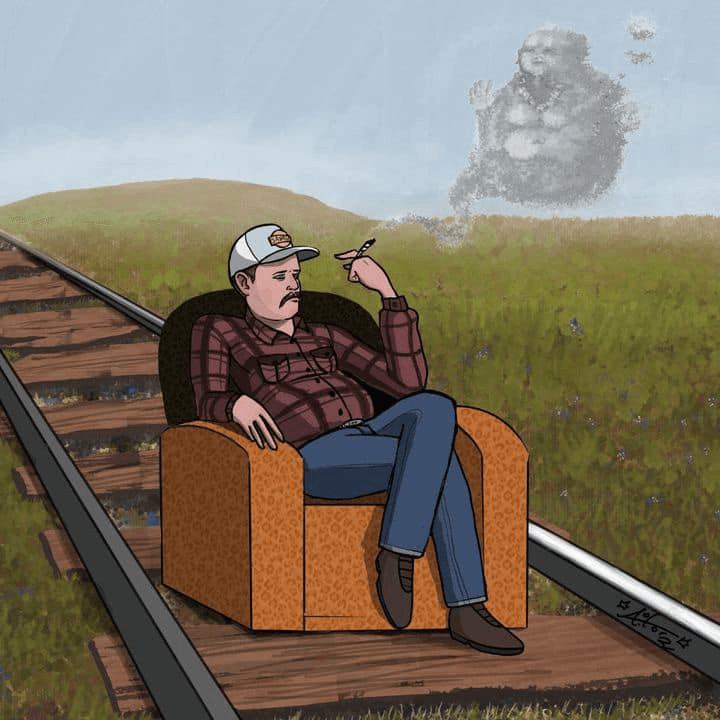

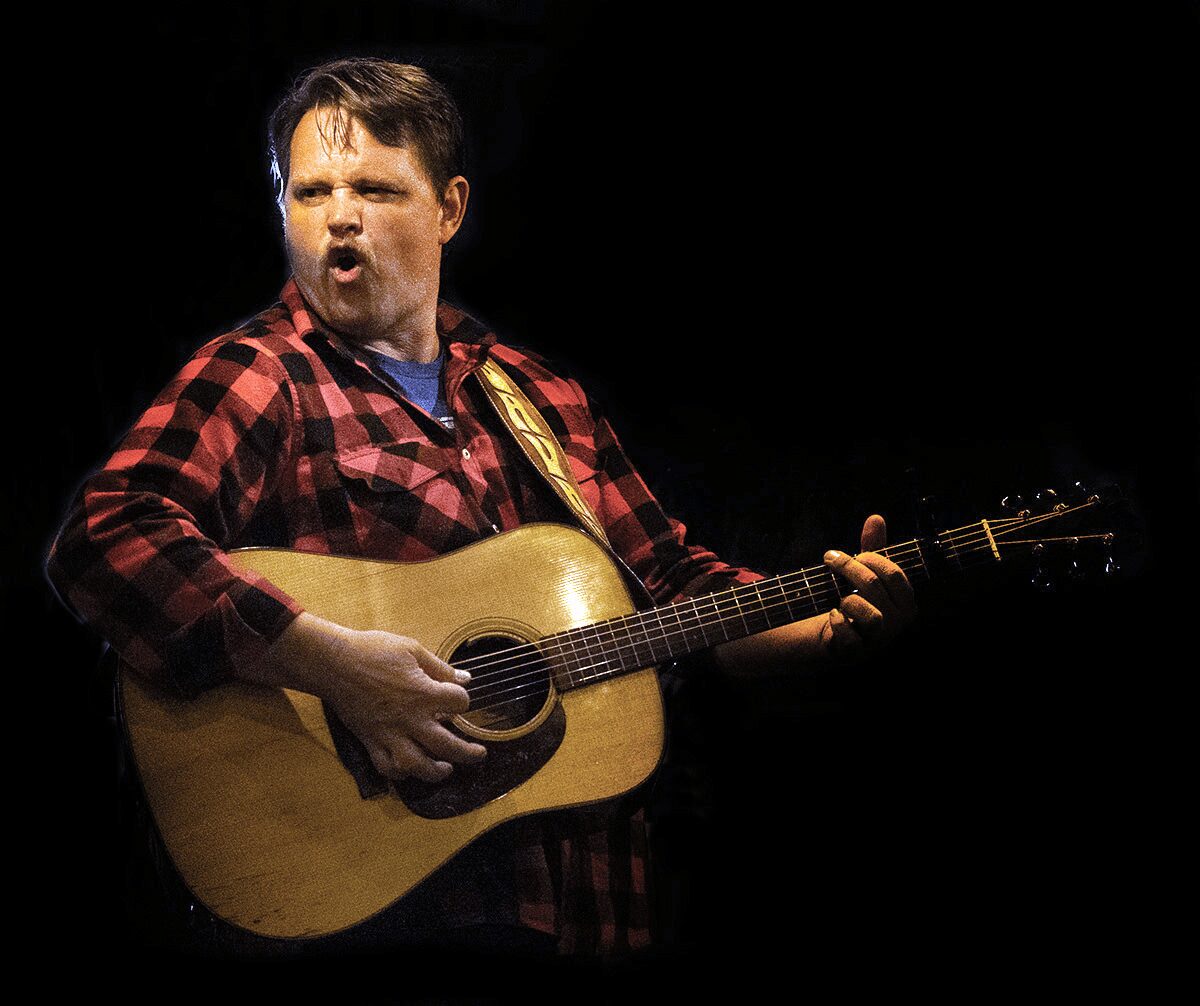
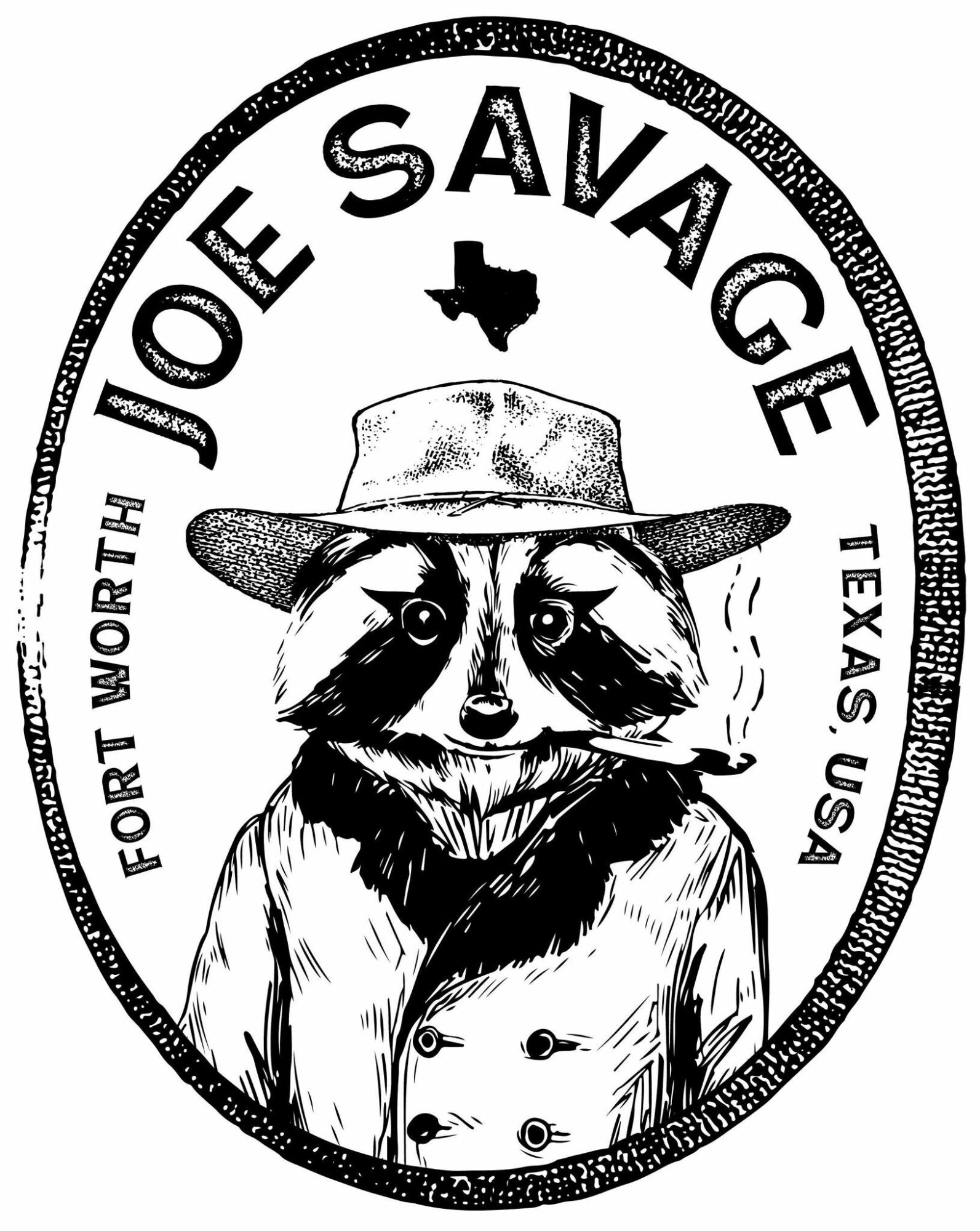
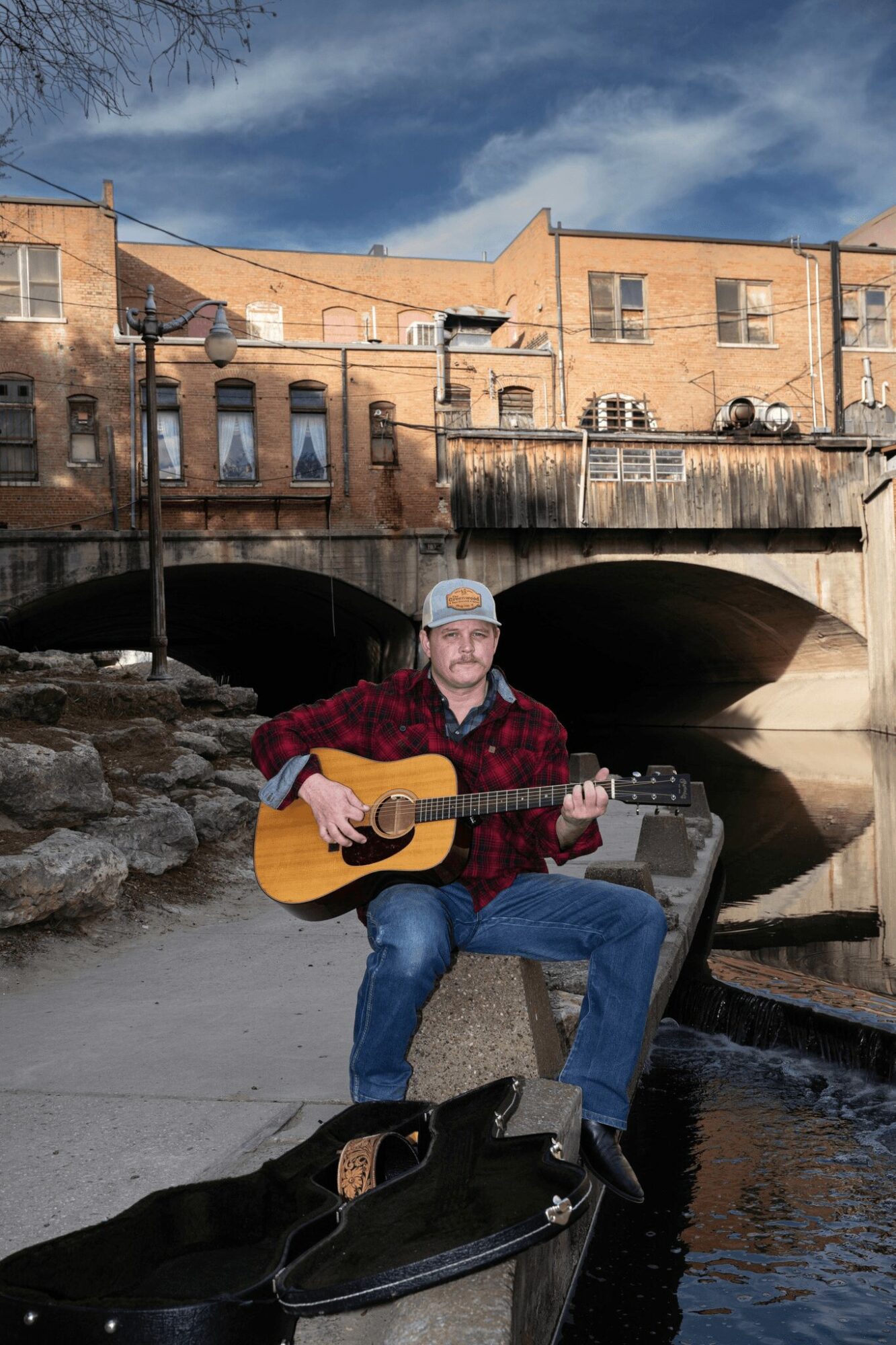

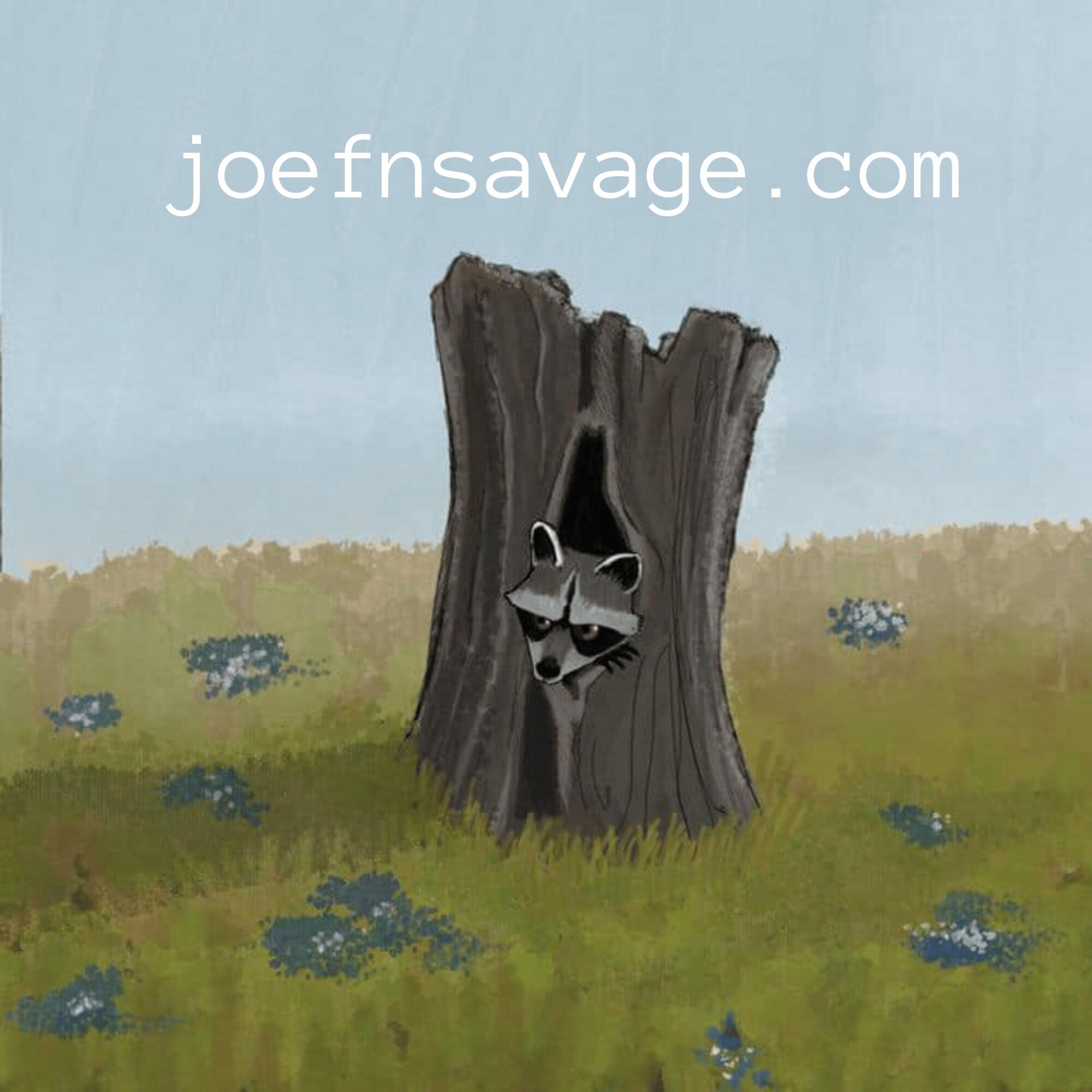
Image Credits
Randle Bond
Ben Noey Jr.
https://www.instagram.com/ailogar_ilustrador/










